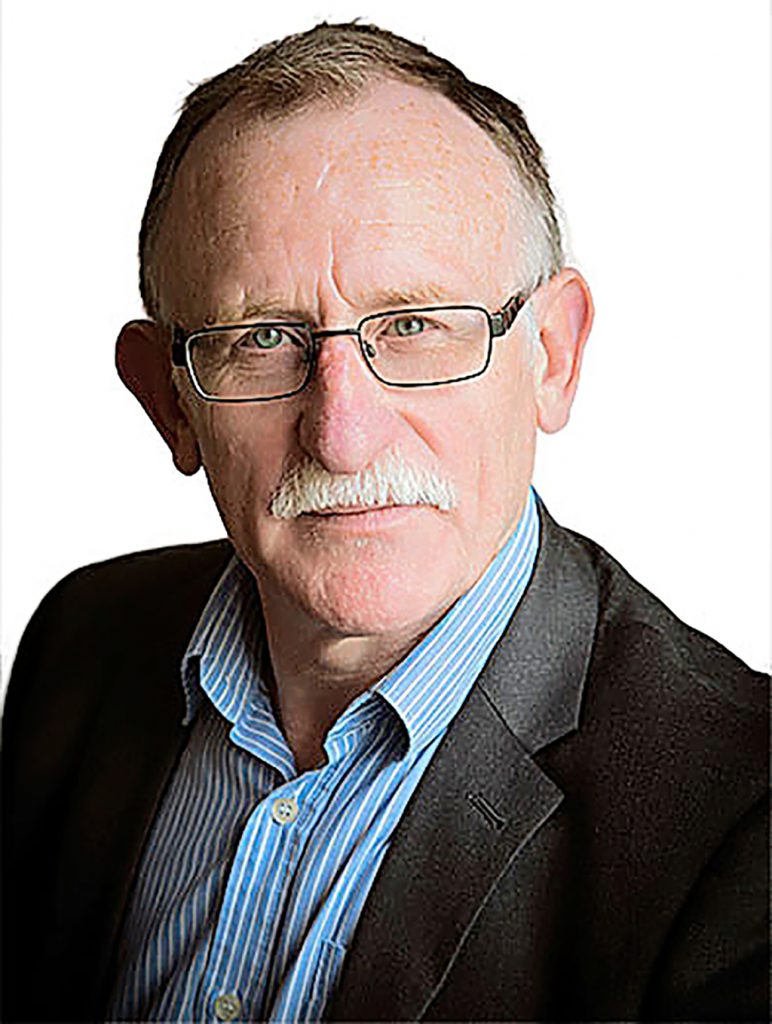A LOCAL TD has slammed the Government over its treatment of Section 39 workers in Finglas and Ballymun.
Speaking in the Dáil recently, Deputy Dessie Ellis (SF) said that Section 39 workers fulfil a vital role in the voluntary sector, providing a valuable service to many community groups and non-profit organisations. He claimed that many of these workers have faced a “huge injustice and deplorable lack of understanding” on the part of the Government.
He called for the workers, at the very least, to receive pay increases on a par with others working in the service.
Deputy Ellis gave examples of local organisations that depend on Section 39 workers, including the Finglas Addiction Support Team (FAST), Finglas Home Help Care Organisation Limited, Ballymun Regional Youth Resource (BRYR), Ballymun Youth Action Project, the Star Project and Poppintree Youth Project.
He told the Dáil: “These organisations provide crucial local services and they apply them with, not just expert knowledge, but great local knowledge. Many employed in these organisations come directly from the local community and have the trust of the local community.”
Deputy Ellis said that employees in these organisations and groups suffered large reductions to their income when public sector pay was cut. He pointed out that those working alongside them, who are regarded as public servants, have since had some restoration in terms of pay. However, he noted that Section 39 organisations have not had an increase in funding allocation that would allow for pay restoration similar to that given to public servants who are benefitting from increases provided for in the Public Service Stability Agreement.
He further claimed: “Services in areas of my constituency of Dublin North West have already been cut and remaining Section 39 employees are being made redundant or are having their hours reduced. These organisations need a certain level of staffing to provide their much-needed services. It is not feasible for them to continue to provide activities and services without sufficient resources and staff.”
He added: “The Ballymun Youth Action Project is a community-led response to drug and alcohol misuse. It provides vital services for the communities and families suffering from the negative impacts of drugs and alcohol.
“Ballymun Regional Youth Resource, BRYR, works with vulnerable young people from Ballymun by supporting them in their personal development and social education and providing a healthy and nurturing environment for them. BRYR is a safe place for young people to interact and a place which promotes positive mental health and wellbeing for young people growing up, often in very stressful environments.
“The Finglas Addiction Support Team was set up by a group of volunteers from the Finglas community to provide services in the area for drug users and their family members, which at the time were not sufficiently available.
“Finglas Home Help and Care Organisation helps elderly and infirm people in their homes.
“If we lose these organisations or if they have to vastly reduce the services they offer, where will the communities they serve find alternatives? They will not find them. The groups I mentioned exist because services did not exist in the first instance or they were very limited.”
Deputy Ellis stressed that these groups and workers serve a purpose.
“Without them, our communities will be worse off and in greater despair. We cannot afford to allow generations of young people to be lost and families to be devastated on an issue of funding. We need these organisations and these workers and our communities need these services.”
In his response, Minister of State at the Department of Health, Jim Daly, stated: “While it is understood that pay cuts were implemented in many Section 39 organisations during the financial crisis, it is not clear if these cuts were applied in a universally consistent manner or if the cuts were to the same extent as those applied to public servants.
“The Minister for Health is aware that some Section 39 organisations have raised concerns about financial sustainability with the HSE, including a number of organisations in the disability sector. The HSE has assured the Department of Health that it is committed to working intensively with such organisations to support them as appropriate to address such issues in the context of the service level agreement process.
“Where it is identified that a genuine issue is arising that may impede the effective and efficient delivery of services by Section 38 or 39 social care service providers, any remedial action will need to be considered by central Government as a resolution cannot be addressed within the current health resources.”
